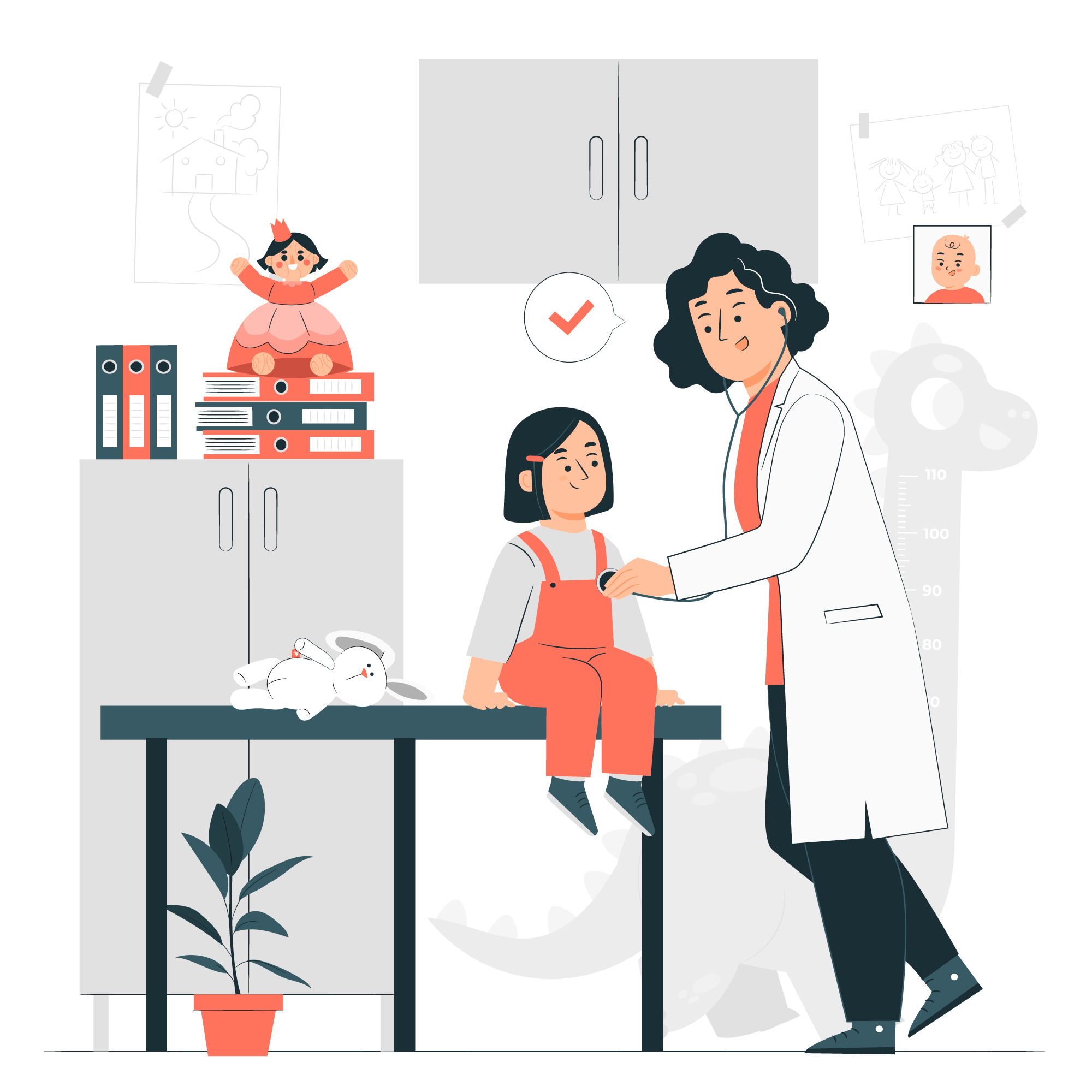
Bronchiolitis on the lookout for the little ones. It’s time for prevention
What can we do to prevent bronchiolitis in our young children? Can bronchiolitis be prevented? Is it in our hands?
Bronchiolitis is an inflammation of the smallest airways of the lungs, the bronchioles, and the accumulation of mucus in them. It is usually caused by a virus called Respiratory Syncytial Virus.
It usually occurs in the winter months and the symptoms are typical of colds: mucus, cough, fever and shortness of breath. It is highly contagious and is spread by coughing, sneezing or by sharing surfaces, doorknobs, toys… Although it can also appear in adults, it is more frequent and especially more dangerous in newborns and infants because their airways are smaller and therefore more easily obstructed.
The doctor can diagnose bronchiolitis by listening to the child’s breathing with a stethoscope and measuring the oxygen saturation in a finger. You can also find out if RSV is the cause by taking a mucus sample and testing it.
In most cases, bronchiolitis is cured at home with rest, antipyretics, plenty of water, nasal aspirates, nasal washes, use of humidifiers and in some cases bronchodilators. Treatment is aimed at relieving symptoms. Antibiotics are not used because it is not a bacterial infection. However, in some cases, especially in newborns, hospitalisation may be necessary. We should go to the doctor if our child has ineffective breathing (with sinking of the abdomen), if breathing is very difficult, if breathing is too fast, if the lips or fingernails turn a bluish colour or if the child’s general condition is getting much worse.
So what can we do to prevent bronchiolitis? If you have a baby or small children at home, it is relatively easy. The most effective are simple hygiene measures and common sense, which we are also very familiar with as a result of the Covid pandemic:Frequent hand washingIf there is someone in the family with a cold, cough, fever, flu, etc., keep your distance from the child and avoid coughing nearby.In case of a cold or fever, avoid going to school to stop transmissionHelp us to look after the health of children and families throughout the school!
Almudena Saucedo
Nurse




